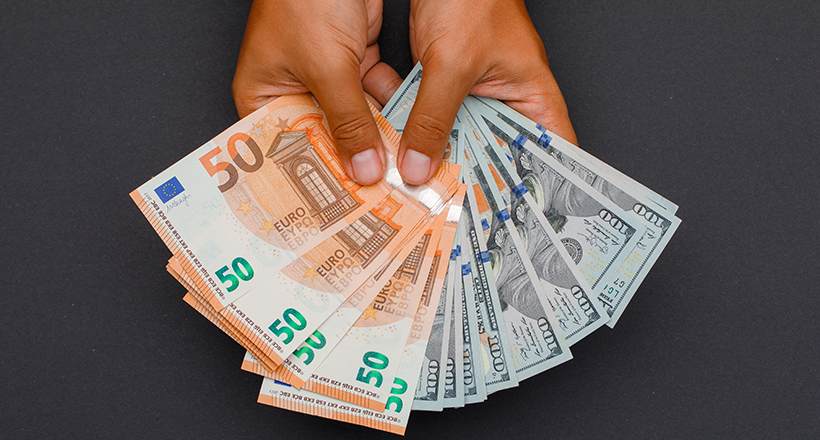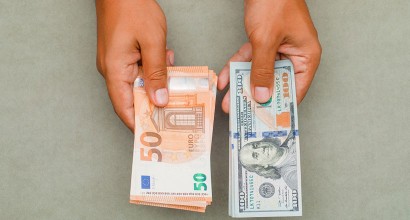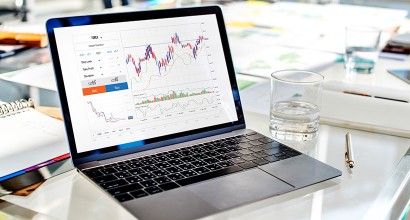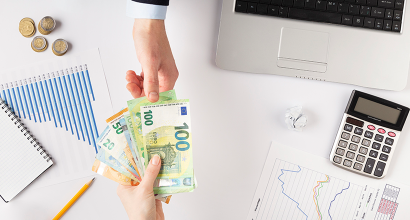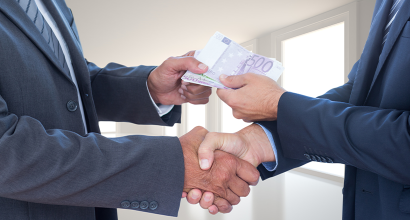How to Maximize Your Money: Understanding and Utilizing Currency Exchange Rates
In an increasingly globalized world, currency exchange plays a pivotal role in our financial lives. Whether you're a frequent traveler, an international business owner, or someone sending money abroad to family and friends, understanding currency exchange rates can be the key to maximizing your money. This guide will walk you through the fundamentals of currency exchange rates, how they work, and strategies to make the most of them.
What Are Currency Exchange Rates?
Currency exchange rates are the prices at which one currency can be exchanged for another. For instance, if you want to convert U.S. dollars (USD) to Nigerian naira (NGN), the exchange rate tells you how many naira you can get for one dollar. These rates fluctuate constantly due to various factors, including economic conditions, political stability, and market speculation.
Exchange rates can be categorized into two types:
Floating Exchange Rates: These rates are determined by the free market, meaning they fluctuate based on supply and demand. Most major world currencies, such as the USD, Euro (EUR), and Japanese Yen (JPY), have floating exchange rates.
Fixed or Pegged Exchange Rates: In this system, a currency's value is tied to another major currency or a basket of currencies. For example, the Hong Kong dollar (HKD) is pegged to the USD. This system is used to stabilize a currency's value and prevent excessive fluctuations.
Factors Influencing Currency Exchange Rates
Several factors influence currency exchange rates. Understanding these can help you anticipate changes and make informed decisions.
1. Interest Rates
Central banks set interest rates to control inflation and stabilize the economy. Higher interest rates typically attract foreign investment, leading to an increase in demand for the country's currency, which can drive up its value. Conversely, lower interest rates can decrease a currency's value as investors seek higher returns elsewhere.
2. Economic Indicators
Economic indicators such as Gross Domestic Product (GDP), employment rates, and manufacturing output can significantly impact exchange rates. A strong economy generally leads to a stronger currency, as investors have confidence in the country's economic stability. For instance, positive employment data from the U.S. can boost the value of the USD.
3. Political Stability
Political stability or instability can greatly affect a country's currency. Political turmoil or uncertainty can lead to a decline in investor confidence, causing the currency to depreciate. On the other hand, a stable political environment often attracts foreign investment, which can strengthen the currency.
4. Market Speculation
Currency markets are highly speculative. Traders and investors often make decisions based on their expectations of future movements in currency values. If they anticipate that a currency will rise in value, they may buy large amounts of it, driving up its price. Conversely, if they expect a currency to decline, they may sell it off, leading to depreciation.
5. Trade Balance
A country's trade balance—the difference between its exports and imports—can also affect its currency value. A country with a trade surplus (exporting more than it imports) will likely see its currency appreciate, as foreign buyers need to purchase the country's currency to pay for its goods. Conversely, a trade deficit can lead to depreciation.
How to Utilize Currency Exchange Rates to Maximize Your Money
Now that we’ve covered the basics of currency exchange rates and the factors that influence them, let’s delve into some practical strategies to make the most of your money when dealing with currency exchanges.
1. Timing Is Everything
One of the most effective ways to maximize your money is by timing your currency exchanges strategically. Since exchange rates fluctuate constantly, keeping an eye on trends can help you identify the best times to exchange money. For example, if you’re planning a trip abroad or need to send money overseas, monitor the exchange rates for a period before making the transaction. This way, you can exchange your money when the rate is most favorable.
2. Use a Currency Exchange Platform
Using a reputable currency exchange platform like Noblefastpay can significantly enhance your ability to get the best exchange rates. These platforms often offer more competitive rates compared to traditional banks. They also provide real-time rate monitoring, allowing you to lock in rates when they are most favorable. Additionally, platforms like Noblefastpay offer low fees, making your transactions more cost-effective.
3. Avoid Airport and Hotel Exchanges
While it may be convenient to exchange currency at airports or hotels, these locations often offer the worst exchange rates. They capitalize on convenience and charge high fees, which can significantly reduce the amount of money you receive. Instead, plan ahead and use an online platform or visit a local exchange bureau to get a better rate.
4. Consider Forward Contracts
If you know you’ll need to exchange a significant amount of currency in the future, consider using a forward contract. This is an agreement to exchange a specific amount of currency at a predetermined rate on a future date. Forward contracts protect you from unfavorable rate fluctuations, ensuring you get the rate you locked in, even if the market moves against you.
5. Hedge Your Currency Risk
For businesses or individuals with ongoing international financial commitments, hedging currency risk can be a wise strategy. Hedging involves taking positions in the currency market to offset potential losses from unfavorable exchange rate movements. For instance, if you’re a business owner who regularly imports goods from abroad, you can hedge against the risk of your local currency depreciating against the supplier’s currency.
6. Diversify Your Currency Holdings
Just as you diversify your investment portfolio to reduce risk, you can also diversify your currency holdings. By holding multiple currencies, you can spread your risk and protect yourself from losses due to unfavorable exchange rate movements in any one currency. This strategy is particularly useful for investors and businesses operating in multiple countries.
7. Stay Informed
Knowledge is power when it comes to currency exchange. Stay informed about global economic trends, political events, and market developments that could impact exchange rates. By staying up-to-date, you can make informed decisions about when and how to exchange your money.
8. Use Limit Orders
Some currency exchange platforms allow you to set limit orders, which means you can specify a desired exchange rate. When the market reaches your specified rate, the platform automatically executes the transaction. This feature is particularly useful if you’re not able to monitor exchange rates constantly but still want to take advantage of favorable conditions.
Understanding Exchange Rate Fees and Charges
When exchanging currency, it’s essential to be aware of the fees and charges that can eat into your money. Exchange rates quoted by banks and exchange platforms often include a margin, which is a percentage added to the mid-market rate (the rate at which banks exchange currencies between themselves). This margin is how these institutions make a profit.
In addition to the margin, you may also encounter service fees, especially if you’re using a traditional bank. These fees can be flat-rate charges or a percentage of the transaction amount. When using an exchange platform, look for transparent pricing structures with low fees and competitive rates to ensure you’re getting the best deal.
Conclusion
Currency exchange rates are a complex but crucial aspect of global finance. By understanding how these rates work and the factors that influence them, you can make informed decisions to maximize your money. Whether you’re traveling, investing, or running a business, strategic use of currency exchange can help you get the most value out of your financial transactions.
Platforms like Noblefastpay offer tools and services designed to help you navigate the complexities of currency exchange with ease and confidence. By leveraging these resources, staying informed, and employing smart strategies, you can turn the intricacies of currency exchange to your financial advantage.
